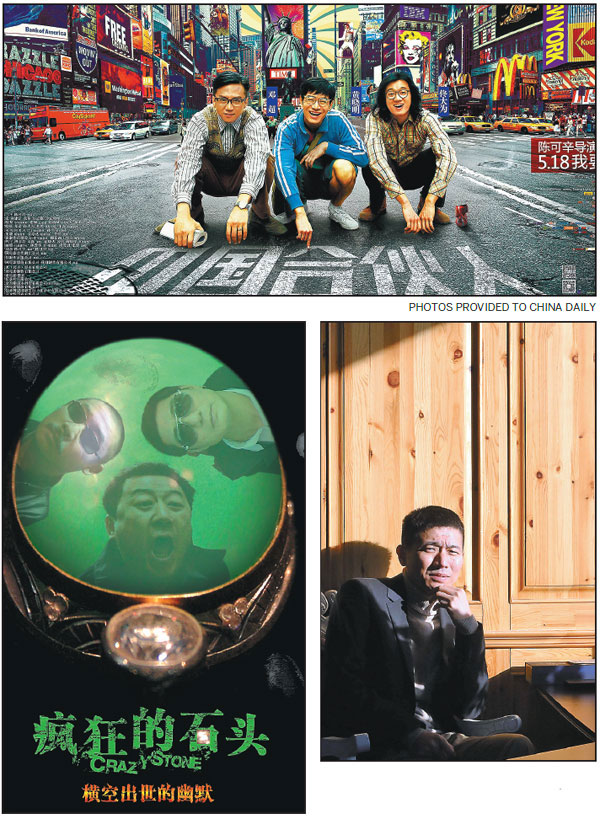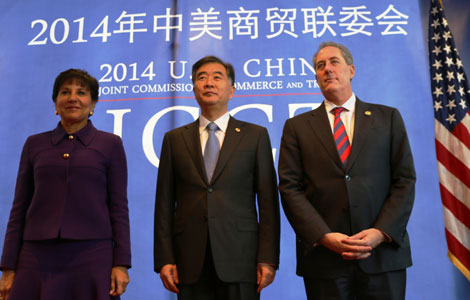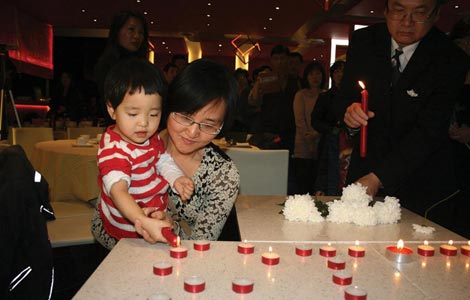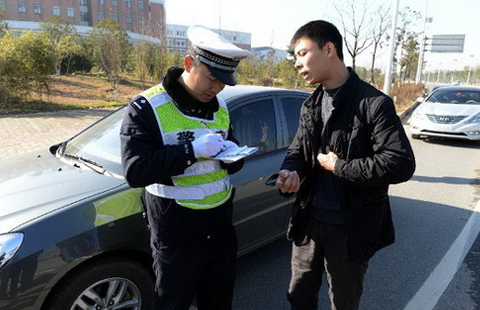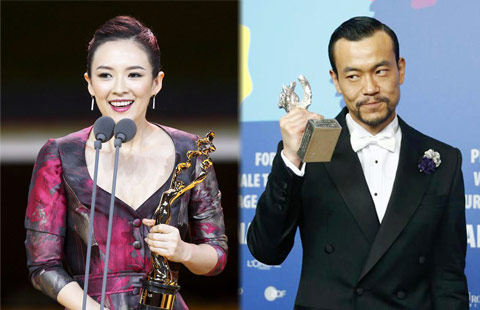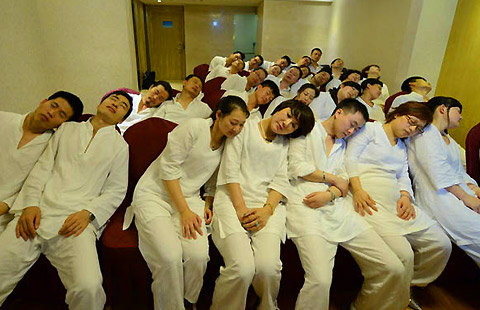The words behind the movie
Updated: 2014-12-18 08:03
By Wang Kaihao(China Daily USA)
|
||||||||
Good Chinese films need writers who are true to themselves and their culture, and don't put money first, a former waiter who became leading scriptwriter tells Wang Kaihao.
A 700-square - meter studio in this hutong area of Beijing looks luxurious, but all screenwriter Zhou Zhiyong really needs to work is a corner of his office, a mere 10 square meters.
The wall is full of Post-It notes with brief descriptions of scenarios. A handwritten statement is stuck on the front door: "Never shoot a movie only for money."
|
Screenwriter Zhou Zhiyong (above right) wrote the scripts of the popular movies American Dreams in China (top) in 2013 and Crazy Stone (above left) in 2006. Jiang Dong / China Daily |
"That's what I always want to remind myself," he says, smiling. "Well, many film producers suggest that I take 'never' away."
The 38-year-old is one of China's hottest screenwriters today. He wrote the script of American Dreams in China (2013), a widely acclaimed inspirational biopic based on the founders of English education colossus New Oriental. However, he considers that production to have been a "routine job".
"It only took me 47 days to finish the writing," he says of the film, which begins in the 1980s and continues through the 2000s. "Hong Kong director Peter Chan didn't know much about the mainland's history of reform and opening-up. His curiosity and trust gave me the chance.
"However, if I am still first identified as 'screenwriter of American Dreams in China' after five years, that will only prove I am a loser. Let the past glory lie in the coffin."
Zhou started with comedies. He first caught the public's eye with the unexpected low-budget hit Crazy Stone in 2006, which won best original screenplay in Taiwan's Golden Horse Awards, a premier prize in Chinese-language cinema.
"It will make me depressed to always be thinking about how to make people laugh," says Zhou, who has written scripts for film and TV ranging from romance to horror and even sci-fi.
Zhou has always seen himself as a maverick. Born in Shandong province, he came to Beijing in 1994 as a waiter at Diaoyutai State Guesthouse, which houses foreign dignitaries.
"I met many different kinds of people when I was a waiter," he says. "Those days told me how to read human nature."
Zhou jokes that he's "the first waiter in Diaoyutai who resigned from the job". He enrolled in the prestigious film literature department at the Central Academy of Drama - although Zhou says his only previous experiences relevant to film were his days in video lounges.
But he was skilled in writing, and after college he spent years as a ghost writer and polishing his technical skills.
Zhou did not release any major script under his own name until 2004.
"Many screenwriters consider themselves to be artists, but I am only an industrial worker," he says.
Instead of complaining about the restrictive film system, he says: "We should reflect more: How can we bring a film to an audience if even we don't want to watch it?"
While orthodox filmmakers call for "art derived from reality", Zhou unconventionally claims that "screenwriters are those who tell audiences lies but remain sincere to themselves". For example, he never even went to New Oriental when writing American Dreams in China.
"However, that doesn't mean I fabricate what I write," he explains. "I will find any chance possible to talk to people during trips.
"Sometimes, I pretend to be divorced, and maybe the man sitting next to me will also complain about his marriage. Many interesting elements are collected - it's like saving small change. When I write stories, I can withdraw a huge sum of money."
Zhou has recorded video clips with studio employees acting out unfinished scripts. The clips are posted online to get netizens' feedback.
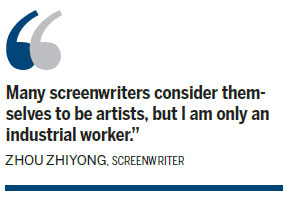
"Screenwriters usually intend to keep their stories secret, but as long as they show these rough ideas to the public, they will actually be safer, because no one will dare to copy them flagrantly," he says. He plans to hold "spring and autumn auctions of stories" for investors next year. "Of course, I will only tease them with partial plots."
His newest challenge is being a director, and the beginning has been anything but smooth.
His feature-length debut, The Great Mr Zhou, based on his own experience, was banned before screening because actor Jaycee Chan, in the protagonist's role, was accused of drug use.
But Zhou is bouncing back. He's preparing to shoot Gan Jin Sha Jue, which means "kill them all". That sounds like a horror flick, but it will be a romantic comedy. It's not his own script, and, as a newbie director, he quelled his urges to change it, he says, giggling with slight embarrassment. "At least, I changed the original title Love Godfather, which is too cliche."
On the writing front, he has nurtured - for six years - a thriller about night-shift police officers. Although he hasn't used a police theme much, he says he's turned down many offers to buy the script. He's eager to produce what he sees as "a top-tier thriller in Asia" for himself.
"But screenwriting will continue to be my major job. No matter how rich a screenwriter's mind is, it will be dug up one day like a gold mine. I will consider switching to become a full-time director then."
Contact the writer at wangkaihao@chinadaily.com.cn
(China Daily USA 12/18/2014 page8)
Most Viewed
Editor's Picks
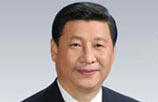
|

|

|

|

|
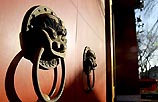
|
Today's Top News
China urges US to correct itself after WTO case win
Venezuela could seek China's help as oil drops
China, Chile seek enhanced trade, investment
'Made in China' helps Brazilian consumers
LatAm-China ties key to turnaround
New dynamic for US, Cuba
Oil's fall 'huge gift' for China: expert
China, US to act on food issues
US Weekly

|

|
